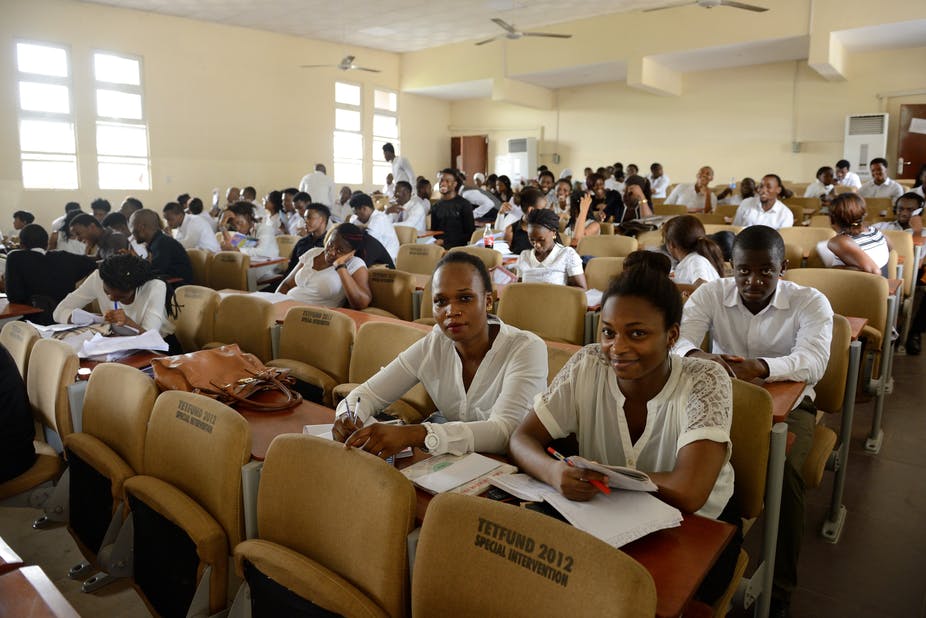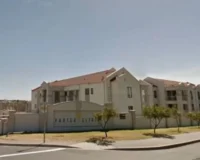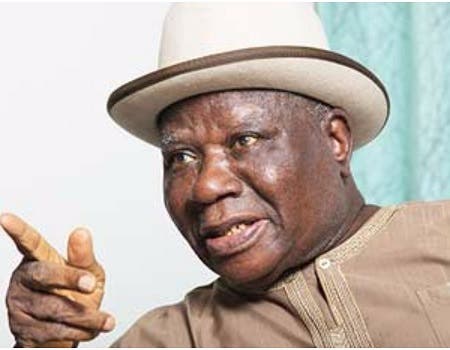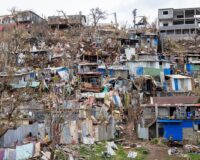By Ibe Pascal Arogorn
Just like that, Nigerian varsity students will continue their contrived holiday due Coronavurus pandemic and ASUU’s action — it is becoming hapless for them.
On 20th March,The Federal Ministry of Education has directed all tertiary institutions in Nigeria to shut down and allow students to go home as cases of reported COVID-19 increased to 13.
The Permanent Secretary in the Ministry of Education, Sonny Echono, told reporters on 19 March that the directive was part of the country’s overall strategy to contain the spread of the virus.
Before the official announcement by the permanent secretary, most universities had already sent their students home.
Professor Michael Faborode, a former vice-chancellor of Obafemi Awolowo University, Ile-Ife in Osun State, told University World News the action by the government of Nigeria was appropriate.
“We don’t have to wait for Armageddon before sending the students home; already people are advised to shun large gatherings and keep a social distance, but that is not possible in the universities as the lecture halls are crowed and you can’t tell students not to hug each other,” he said.
A former secretary general of the Committee of Vice Chancellors of Nigerian Universities, Faborode said it was important that government issued the directives. It will lead to students missing two to three weeks rather than have them remain at university and see growing numbers of cases.
Faborode said Nigerian universities are actively involved in the search for a possible coronavirus cure and treatment as most of the testing facilities are managed by universities.
Professor Oyewale Tomori, a Nigerian professor of virology, educational administrator and former vice-chancellor of Redeemer’s University, said government had been slow in issuing the directive which should have come when the first case was detected.
According to Tomori, the fact that the case was only reported on 27 February, two weeks after the person’s arrival in Nigeria, was enough reason for the government to act quickly and close all schools and universities as the learning environment accommodates a lot of people.
ASUU PART
ALSO on 24th march, Following the expiration of its two-week warning strike, the Academic Staff Union of Universities (ASUU) declared an indefinite strike.
The National President of the union, Prof. Biodun Ogunyemi, at a press conference in Abuja, said: “The union has decided to embark on total and indefinite strike from Monday, 23, 2020.”
He said the union rejected the use of force to make its members enroll on the Integrated Payroll and Personnel Information System (IPPIS).
But before the NUC’s directive, ASUU had commenced its warning strike on March 9, 2020.
ASUU had embarked on the strike over the non-payment of salaries of their members who refused to enroll in the federal government’s IPPIS, payroll software mandated for all public officials.
ASUU had rejected the federal government’s IPPIS, leading to the suspension of the payment of their salaries by the federal government.
THISDAY had reported that the warning strike might escalate as the federal government had rejected the union’s demand for more time to develop its alternative payment application, the University Transparency and Accountability System (UTAS), as its preferred mode for the payment of salaries of academic staff.
As the saying goes, when two elephants fights, it is the grass that suffers it. The grass, in this case is the students who bear the brunt of the disagreement.
Incessant strikes dwindle the academic performances of students. As learning is suspended for a long period, the students reading abilities fall. Even the knowledge acquired during the learning period is even forgotten by some students. This mostly turns some students into certificate seekers than knowledge seekers.
Also, most protracted strikes distort the school calendar. The after-effect is prolonged school year that exceeds stipulated periods. Most academic activities for the school year are distorted. This is one major cause of producing unqualified graduates who are deficient in their fields of study. In the same vein, students who are supposed to do a four year course end up spending six years in the school for a simple programme.
Such strike periods also have the tendency of leading undergraduates into some social vices like prostitution, oil bunkering etc. “An idle man” they say, “is the devils workshop.”
There is therefore, the need for a re-evaluation of the education sector. Factors that often lead to strike in our institutions should be addressed. There is no doubt that the infrastructures in most of our schools are as old as the years of the schools. This is unacceptable.
A conducive learning atmostphere is a sine-qua-non for quality education. In addition, education should be properly and adequately funded to encourage effective research and to avoid brain drain. Proper funding and equipment of Nigerian universities will go a long way to stop further strike action.
On Oct 2, Nigeria government orders all schools to reopen from October 12, while schools run by states and private owners may open on their own timetables, the education minister.
New COVID-19 cases in Nigeria, Africa’s most populous country, have steadily fallen in recent weeks, according to official data. The education minister, Adamu Adamu, said the drop spurred the decision to reopen schools.
“Since the beginning of September 2020, we have witnessed a considerable decline in the rate of infections,” Adamu said in a statement.
The Oct 12 date affects 104 federal institutes known as Unity colleges. The reopening of the rest of Nigeria’s schools is determined by state governments.
Nigeria has recorded more than 59,000 coronavirus cases and more than 1,100 deaths.
Really? Varsity students will have to continue staying home even when ASUU union called off strike.
I conducted a poll on twitter on whether students whose mind are still actively on academics , one said, “it is true that I wish varsities to reopen but I can you the truth that there’s is not nothing to remember again, in fact I longer have taste for good education, it just that there’s nothing else to showing for without first of all going to school in Nigeria. It all the certificate.
Recently, the health minister warned that another lockdown may begin if the rise in cases of COVID-19 continue as the country expects to roll out a vaccine by April next year.
Osagie Ehanire, speaking at a news conference in the capital, Abuja, said 1,843 cases were recorded last week compared with 1,235 two weeks before that.
“We may just be on the verge of a second wave of this pandemic,” he said. His comments came a day after South Africa said it had officially entered a second wave.
Ehanire, in a weekly briefing by Nigeria’s COVID-19 task force, said the rise in cases was mostly driven by an increase in infections within communities and, to a lesser extent, by travelers entering Nigeria.
He said he had ordered the reopening of all isolation and treatment centers that had been closed because of falling patient numbers.
Nigeria, with a population of about 200 million people, has had more than 81,000 confirmed cases and nearly 1,200 deaths as of Thursday, according to Johns Hopkins University data.
Looking ahead to a vaccine, Faisal Shuaib, executive director of the National Primary Health Care Development Agency (NPHCDA), said Nigeria planned to access one through the COVAX initiative backed by the World Health Organization.
“We are on course to access safe and efficacious COVID-19 vaccines in the first quarter of 2021,” he said.
Lockdown this lockdown that, Everyone knows that children of a majority of Nigerian politicians attend foreign schools and those that don’t, attend private institutions in Nigeria. This means that they do not feel the brunt of this unending stay at home. But our politicians cares a bit about the future of this country.
Worse, the prolonging the resumption could push more students into the dire situation of taking risky and dangerous occupations or even taking up arms. After all, as the agelong saying goes, an idle hand is the devil’s workshop. There are also gender implications to this unnecessary delay in students’ education. Many female students could fall victim of unwanted pregnancies which could, in turn, disrupt their education and also affect their chances of getting good jobs.
The trend of constant disruption in learning is also not good for the students and employability. While some can learn and acquire one or two skills for the duration of their stay at home, the majority are unable to and end up losing interest in education. Their disinterests may, therefore, force them to drop out or look for alternative sources of wealth creation, sometimes illegally. This coupled with the fact that Nigerian universities hardly prepare their students for the labour market is disastrous for Nigeria’s human capital development.
Nigerian government must find ways to get varsity students back to classes, like I said before, for too long time now, Nigerian varsity students have been discouraged a lot
Ibe Pascal Arogorn is a journalist and columnist
Writes from Onitsha, Anambra state
Twitter: Ibepascal6







